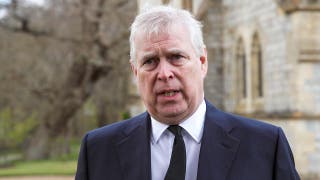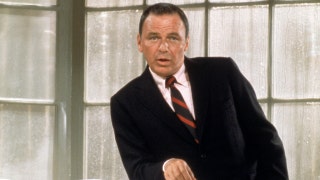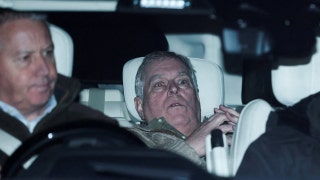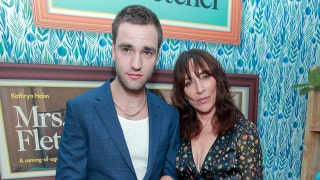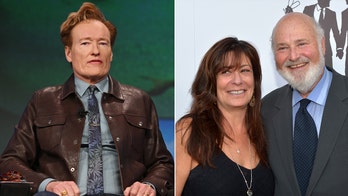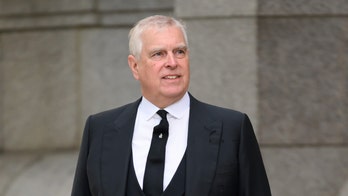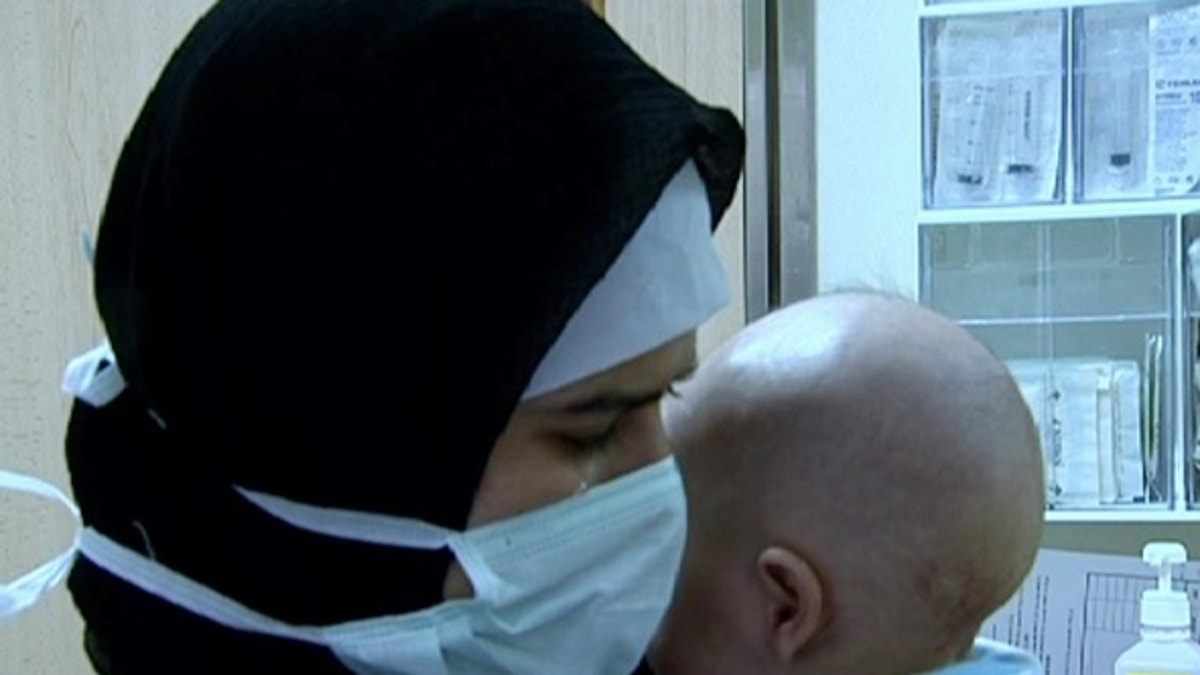
A still from the movie 'Precious Life.' (Bleiberg)
Four-month-old Palestinian boy Mohammad Abu was born without an immune system, and would have died had it not been for a bone marrow transplant, a procedure that could only be performed in an Israeli hospital.
So touched was he after hearing of the baby’s suffering, Israeli journalist-turned-filmmaker Shlomi Eldar put out a plea for help on national television that prompted an Israeli Jew, who lost his own son in the Middle East conflict, to come forth and donate the $55,000 needed for the transplant. Eldar then assisted the child and his mother, Raida, from Gaza to Israel for the crucial operation.
The emotional journey is captured in Eldar's documentary “Precious Life,” a film whose production Eldar was forced to halt when Raida, in spite of everything the Israelis were doing to save her son’s life, announced on-camera that she hoped he would grow up to be a suicide bomber.
“From the smallest infant, even smaller than Mohammed, to the oldest person, we will all sacrifice ourselves for the sake of Jerusalem,” she said. “We feel we have the right to it. You’re free to be angry, so be angry.”
Eldar said he was overwhelmed.
“My first reaction was to stop filming. If the Israelis are helping this baby and he becomes a suicide bomber, what does this mean for our future? I was so disappointed. It felt so weird, we had this friendship. I sat in the hospital to support her, I did everything for her and for the baby, and after, that I was so disappointed,” he told FOX411’s Pop Tarts. “I then thought ‘well who cares about the Palestinians? His mom wants to raise him as a suicide bomber!’ It was my wife that said maybe there is something underground that needs to be revealed. Raida’s husband called me and begged me to come back and see her in the hospital. I returned, and I am happy I returned to face the problem, and find the solution.”
Eldar said what was most remarkable, possibly even more so than Mohammad’s recovery from the rare immune deficiency, was Raida’s transformation throughout the filming process, going from the belief that “life means nothing” to in the end valuing it as something “precious.”
“She changed her mind on the meaning of life, and said to me ‘why can’t we stick together to solve our problems? To find peace?’ It made me realize that both Palestinians and Israelis can change their minds about the future,” Eldar continued. “Even for me, after working on this it was the first time I saw Palestinians as human beings like me, like my family. Even people that are educated to hate Israelis and Jews, to think they are just animals, they can change.”
Eldar was also initially shocked by the interest the film has generated across the United States.
“I thought it was just a story about the Middle East and who cares about the Middle East? But then I realized it could happen in any place in the world – it is a human story,” he added. “As a journalist I realized I had the power to change the ideas people have of the world, in all the screenings it didn’t matter if people were left wing or right wing or in the middle. People got the complexity and understood the humanity of this film. The story is tragic, but most of all it is a story of hope.”
“Precious Life” is currently on the Academy Awards short-list for “Best Documentary” and is slated to be aired in the U.S. by HBO sometime in 2011.
